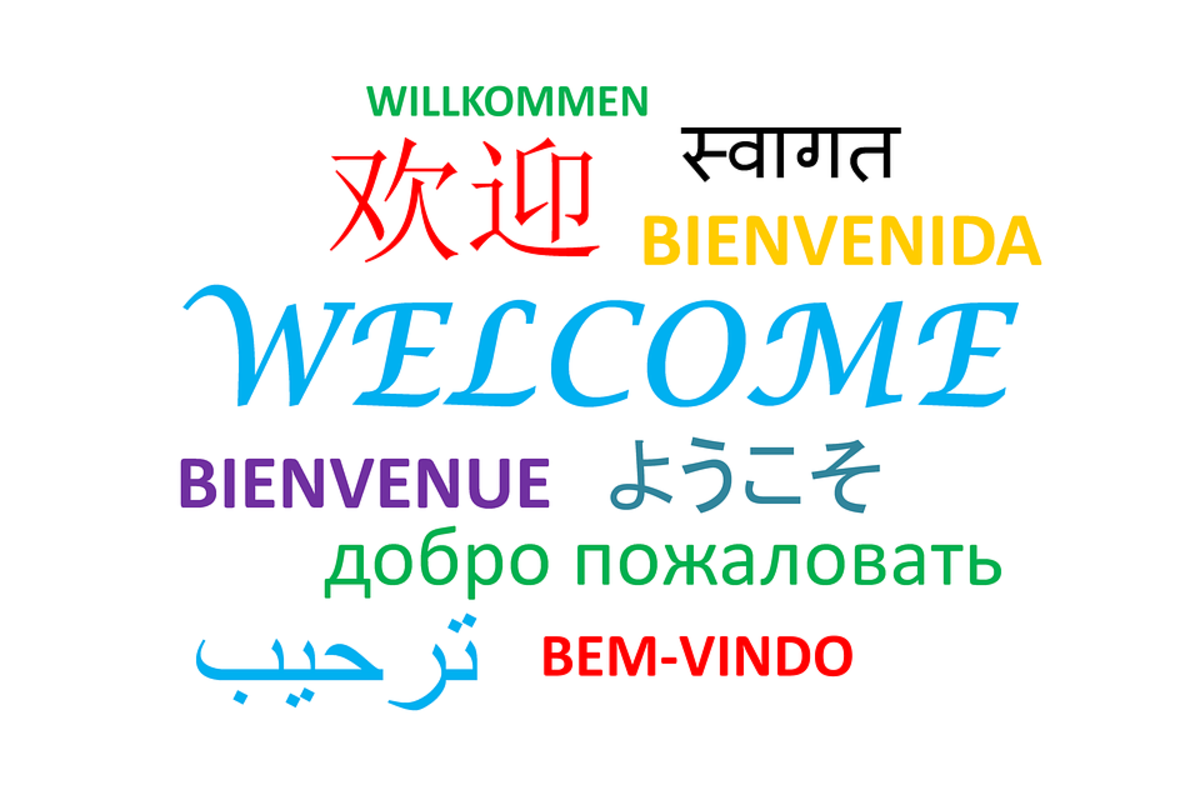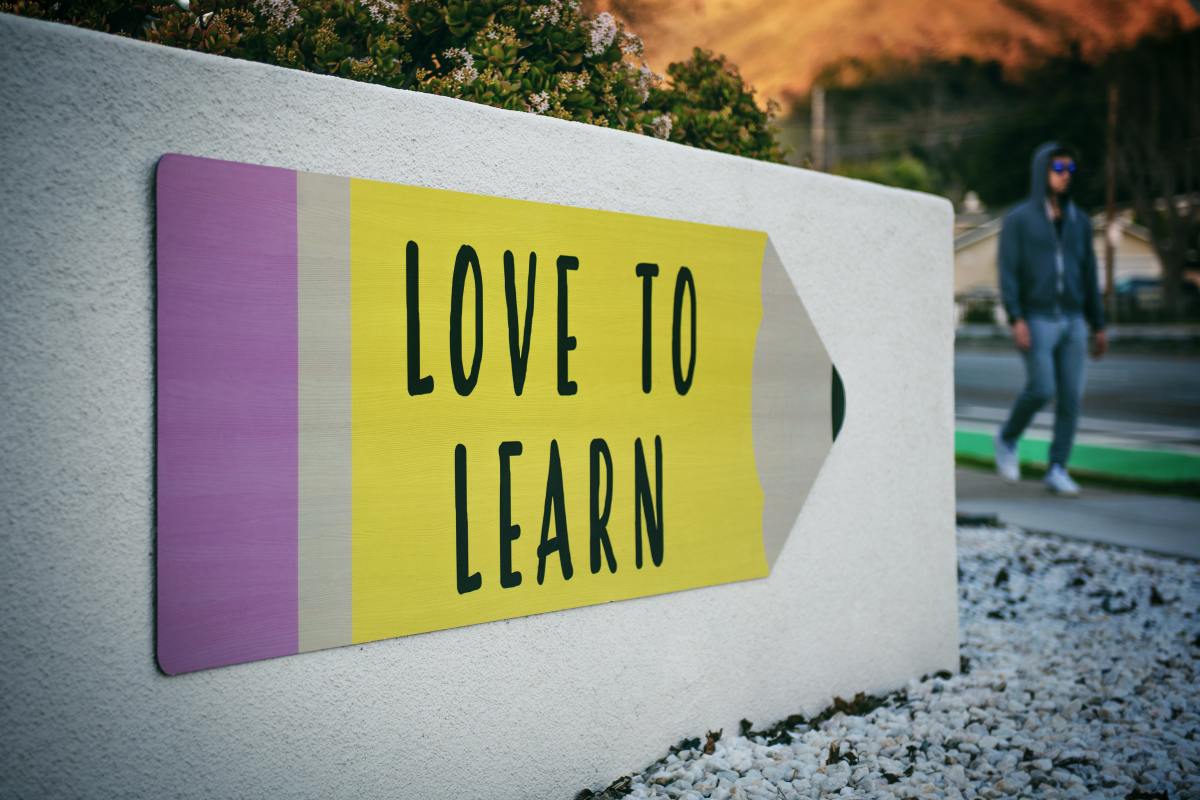Learn to Speak French - A Guide to French Immersion

When I first began to learn to speak French it was in the context of my elementary school. For 6 years I had mandatory French class, spanning from the elementary to high school. And in that period I became very good at grammar, but I could hardly speak French at all. Besides the usual Bonjour, Comment ça va? etc…. there just wasn't much I could say. This wasn't unique, no one else could say much either, and I had traditionally achieved very high marks in French, this I think was partly because I enjoy the organizational framework of grammar so I am capable of memorizing quite a bit. Later in life I was to seriously question the teaching methods and curriculum of my school board when it came to teaching second languages. For me as an adult I came to seriously want to learn to speak French and with such a desire I had to find ways to accomplish it.

One thing I did was to choose a university in Montreal to attend thereby beginning my French immersion experience. I hoped this would help to teach me the language quicker. And it did but not enough, for Montreal is not Paris, it has a thriving English speaking community, including English colleges and Universities and plenty of people for whom English is a native language. When I moved I quickly realised that immersion would be more gradual than quick as I was attending an English University and the people I made friends with tended to be native Anglophones as well. After some French courses at school I became competent in reading and writing but again that all important oral element was missing. So I had to find a solution. French immersion I felt was important but I didn’t think it mattered very much that I lived in a francophone city, I needed to converse and I needed a place to start. So I began looking for people who would do a language exchange with me, basically I would teach them English and they would teach me French. Various places on the web helped me in my search, I utilized craigslist and kijiji and found people there placing ads who wanted to learn English. From those ads I met an exchange student from Paris and we started getting together once a week to practice. I want to ad a disclaimer however, she spoke very quickly and in accent that months in Québec had left me unprepared for, however it was important for me that I didn’t simply learn Quebecker and so I made an effort and after a little time I was able to understand her accent quite well. The next place I searched was on a website called meetup.com, this is a global network of groups of people getting together for a particular purpose, whether its language practice or something else. I found a conversation circle that met twice weekly to practice French and English and I began attending. This one was a bit tougher as the level of French most people spoke was closer to intermediate and I was still a beginner. Feeling lost at first I kept trying and after only 2 sessions I was speaking tolerable broken French. I realized that French immersion was not something that necessarily depended on living in a particular place, it depended a lot also on being able to find people to practice and communicate with. That said I highly recommend anyone wishing to learn to speak French to find a conversation circle or a language exchange partner in your area and start practicing. Below are some tips on how to go about learning to speak French with the idea of French immersion in mind.

Learn the Grammar
Before you begin trying to speak a language you should at least know what you want to say and how to say it. Start simply by learning how to introduce yourself, ask questions and give basic answers. My first conversation circle was devoted entirely to asking and answering questions and it was very random. Write down on cue cards the basic grammar and vocabulary you know and try to formulate sentences with it at the conversation circle. Do this each time you attend and change the grammar on the cards from week to week so that you learn more as you go along. If you have no idea on where to find resources on learning grammar, then realize that the internet is a great place and it is no longer necessary to spend money to learn to speak French. Here is one site that gives you tips and examples on grammar to help you get started.
Map of Quebec
Find a Buddy/Conversation Circle
Again I have to thank the internet for this one, finding a language exchange has now become very simple. You can use classifieds websites like craigslist or if you live in Canada kijiji, or Gumtree if your based in the U.K.. Usually there is a section called community that you can check and post your own ads for free, this can be an effective method for finding a one on one partner to help you. If you like a more official group setting then the website meetup.com has groups from all over the world meeting for every possible reason. Just input your location and the kind of group you are looking for and it will find it for you. For me personally I like both group and individual practice but I find group practice to be harder especially if you are really just a beginner, however if you are willing to put in the hard work it is definitely worth trying.

Have Patience
This is the hardest one for me to follow, I wanted to learn this language so badly so quickly that I lost sight of the fact that these things take time. Just remember, you will make mistakes, you will get confused and frustrated, just don’t give up. Really that’s the best advice I can give, if you really want to learn and if you really want to learn for free than it is more than possible, you just simply have to keep going.
Practice Your Accent
This is important but can be really tough. French has a very specific way of pronouncing things, and it can be difficult. You must learn how to roll your "r"s, how to soften your vowels, and many other things besides. I realize that there are many accents in French and it can be difficult to pick which one to emulate. Most people would want to learn Parisian, for me that is not important, after living in Québec I find the Montreal accent easier to understand. (I may be the only one who thinks so). I would recommend watching French films to try to pick up the pronunciation. You can read a guide on pronunciation as well but I honestly find that a guide is of little help in the long term, people who are fluent in a language do not follow any kind of guide, they simply speak. So you really need to hear them speak a lot to understand how they do it. I have an example from my own life about the fallacy of pronunciation guides. I grew up in English speaking Canada but had the luck to spend one year as a young adult living in Sussex England. Being me and being endlessly curious I began to try and learn their accent. I did and can now happily switch accents in English when I want to but I did so not by following any kind of guide, I merely spent a lot of time listening and then with practice it all came naturally.
Conclusion
I hope the above tips have been helpful, please let me know what you think in the feedback comments below.
- Speak French With Me | Join me on my journey to speak French one grammar lesson at a time.
Join me on my journey to speak French one grammar lesson at a time.










